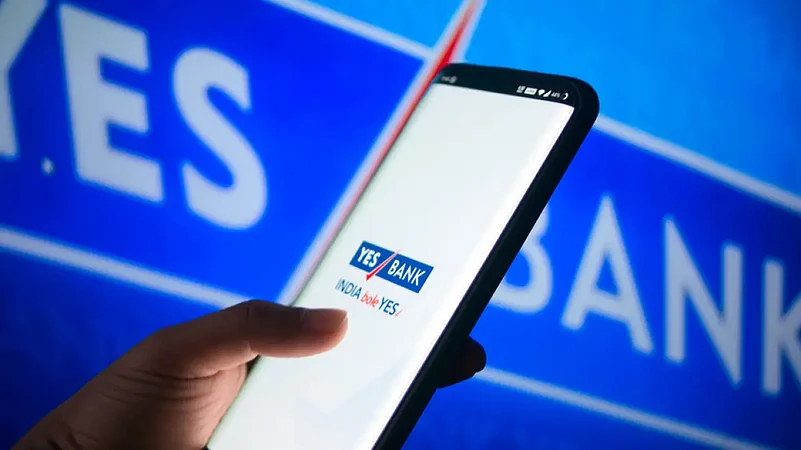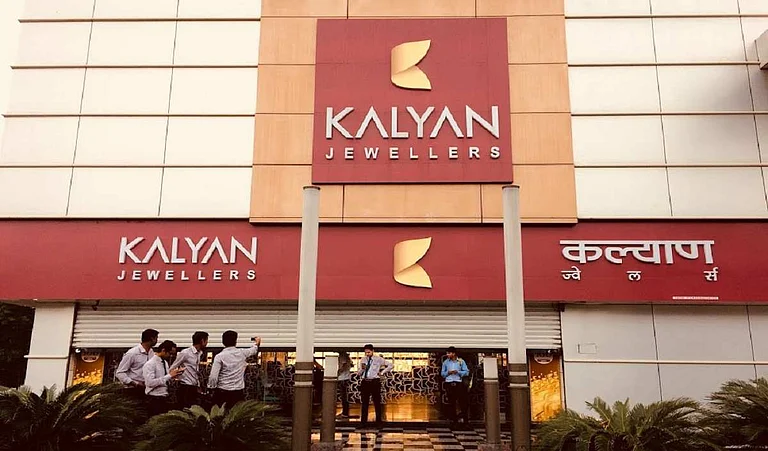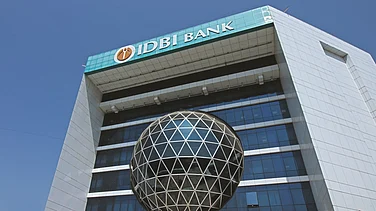After trials and tribulations on fundraising that lasted well over three years, Yes Bank on Friday announced that private equity funds Carlyle and Advent International will be investing USD 1.115 billion (around Rs 8,900 crore) to fuel its future growth.
Both the global PE funds will be acquiring a 10 per cent stake each in the private sector lender, which had to be bailed out in a RBI and government-led reconstruction scheme for want of capital buffers and after the then management failed to sell the bank's story to investors.
In a statement, the bank said USD 640 million or Rs 5,100 crore has been raised by issuing equity shares and USD 475 million or Rs 3,800 crore through equity share warrants.
As part of the capital raise, which is the second biggest for any private sector lender, the bank will issue 370 crore equity shares on a preferential basis at a price of Rs 13.78 per share, and 257 crore warrants convertible into equity shares at a price of Rs 14.82 per warrant.
The Yes Bank scrip closed 2.47 per cent up at Rs 14.94 apiece on the BSE, as against gains of 1.25 per cent on the benchmark Sensex.
The announcement comes within a fortnight of the bank disclosing J C Flowers Asset Reconstruction Company to be the base bidder for resolving Rs 48,000 crore of dud assets it carries on its books, transferring which will get its gross non-performing assets ratio down to under 2 per cent from the present 14 per cent.
Prashant Kumar, a career SBI executive who was tasked to captain Yes Bank in March 2020, said the lender is excited about the incremental opportunities for growth which will open up after the capital raise, which is one of the largest for any Indian private bank.
Larger rival Axis Bank in 2020 raised Rs 11,000 crore (around USD 1.35 billion).
Kumar had earlier said that the presence of the huge pile of bad assets - majorly corporate loan bets taken under its co-founder and chief executive Rana Kapoor who has been now jailed for irregularities - was one of the biggest challenges faced by the bank to access the growth capital.
Merchant bankers also said that the presence of the large stock of NPAs was a big impediment faced by the bank, and clarity on the same helped bolster investor confidence in the deal.
They also said that PEs have been sitting on cash waiting for the right opportunity, and added that till now, they had been facing challenges like the inability to have a sizeable holding due to caps imposed by regulators and lack of right opportunities.
Carlyle's managing director Sunil Kaul said Yes Bank is well placed to capture the growth opportunities which India presents on its strengths in transaction banking and digital payments, where it processes a third of all UPI volumes.
He appreciated the work done by the leadership team and the Board during the challenging times, and added that it is now well-positioned for the next phase of growth.
"We believe India's banking sector is at an inflexion point where tech-enabled banks like Yes Bank have an advantage. This investment also demonstrates our commitment to the country's banking and financial services industry, which is the core of India's growth story," Advent's managing partner Shweta Jalan said.
The capital raise is subject to shareholders' approval at the extraordinary general meeting of the lender to be held on August 24 and relevant regulatory/statutory approvals.
Yes Bank was advised by BofA Securities as an exclusive financial adviser in the transaction.
It can be noted that after the RBI-prompted exit of Kapoor, the management under Ranveer Gill tried to raise capital into the lender to cover for the bad loans, but could not meet success even as many names were speculated as potential investors.
Eventually, the top management and the board were replaced under the Government and RBI-led reconstruction scheme, which the bank successfully exited in July.
At present, SBI, which led the reconstruction with a sizeable investment in the bank, owns 30 per cent in the lender and is mandated to keep it at 26 per cent till March 2023.


























.jpg?w=200&auto=format%2Ccompress&fit=max)




